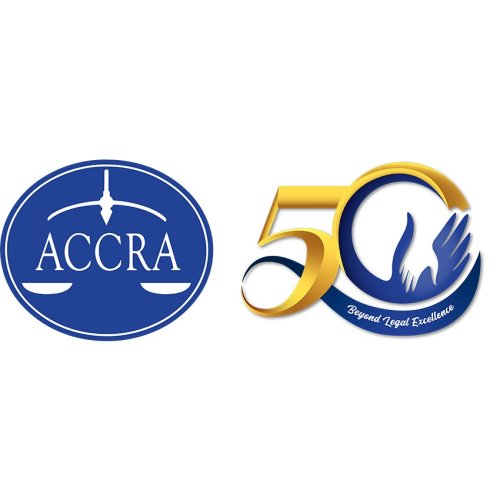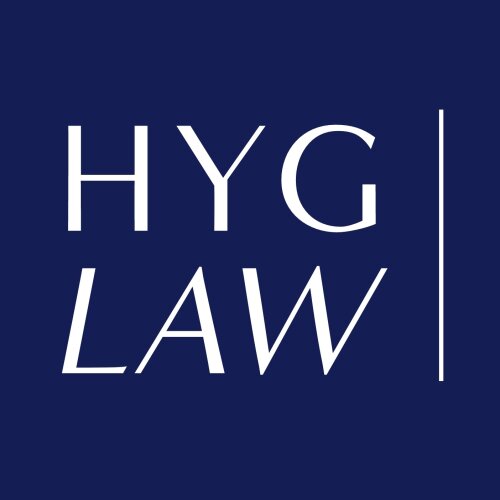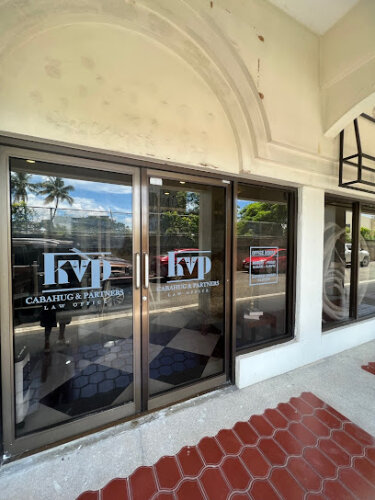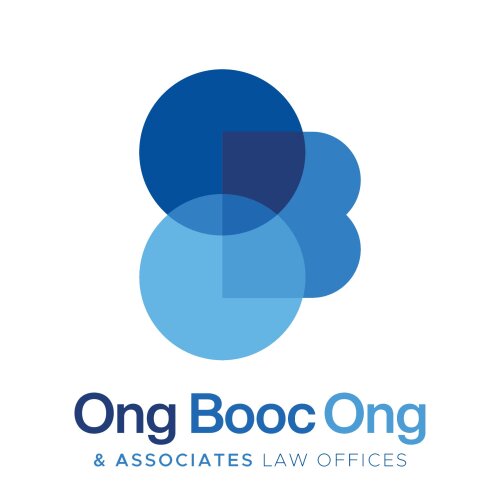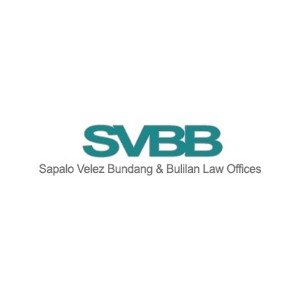Best Art & Cultural Property Law Lawyers in Cebu City
Share your needs with us, get contacted by law firms.
Free. Takes 2 min.
List of the best lawyers in Cebu City, Philippines
About Art & Cultural Property Law in Cebu City, Philippines
Art & Cultural Property Law in Cebu City, Philippines, involves legal frameworks that govern the creation, use, trade, and protection of art and cultural heritage. This law ensures the preservation and ethical use of cultural artifacts, artworks, historical sites, and related intellectual properties. Emphasizing the importance of cultural heritage, the law facilitates the promotion of arts while safeguarding the cultural identities intrinsic to Cebuano society.
Why You May Need a Lawyer
Engaging with Art & Cultural Property Law may require legal assistance in several situations. For example, artists and collectors often need advice on intellectual property rights, including copyrights and trademark protections. Legal help may also be necessary for contracts involving the sale, loan, or reproduction of artworks. Cases concerning the unauthorized reproduction or distribution of art often demand legal intervention. Furthermore, disputes over the ownership or provenance of cultural artifacts or issues concerning national heritage laws could also necessitate professional legal guidance.
Local Laws Overview
The primary legal instruments governing art and cultural properties in Cebu City include the Intellectual Property Code of the Philippines, which outlines copyright and trademark laws. Additionally, Republic Act No. 10066, or the Heritage Act of 2009, provides regulations for the preservation and protection of cultural heritage. Local ordinances may also designate specific sites as cultural properties, requiring specific compliance for any restoration or alteration efforts. Understanding these laws is crucial for anyone dealing with arts and cultural heritage in Cebu City.
Frequently Asked Questions
What constitutes cultural property under Philippine law?
Cultural property includes fine arts, historical monuments, and tangible heritage that possess value and significance culturally or historically. Items such as artifacts, manuscripts, and significant architecture fall under this category.
How can I protect my artwork from unauthorized use?
In the Philippines, copyrights automatically protect original artworks in tangible mediums. Registering your work with the National Library or Intellectual Property Office can enhance protections.
Can I export cultural artifacts from Cebu City?
Exporting cultural artifacts requires permits from the National Museum and compliance with regulations under the National Cultural Heritage Act to prevent illegal trafficking of heritage items.
What legal issues might I face when purchasing artwork?
Buyers need to ensure that artworks come with proper provenance documentation to avoid cases of purchasing stolen or illegally obtained art. Additionally, understanding copyright associated with art reproductions is crucial.
Are there tax implications when acquiring art in the Philippines?
Yes, transferring ownership of art may attract taxes, including VAT and, in some cases, inheritance taxes, depending on the stake of the artwork.
How do I resolve a dispute about the authenticity of cultural artifacts?
Legal experts can assist by coordinating with certified appraisers and experts. Mediation and arbitration are alternative resolution methods aside from litigation.
What are the penalties for violating cultural property laws?
Penalties for violating cultural property laws can include fines, imprisonment, and the confiscation of items. Penalties vary depending on the severity and nature of the violation.
Is restoration work on historic sites regulated?
Yes, restoration and modifications to historic sites require government approval to ensure that any work respects and preserves cultural significance.
Who do I contact about illegal activities involving cultural properties?
Reports on illegal activities can be made to the National Commission for Culture and the Arts (NCCA) or law enforcement agencies.
How do intellectual property rights differ for visual and performance art?
While visual art mainly concerns copyright protections for tangible creations, performance art may involve additional rights such as performance and moral rights aimed at protecting the artist's intention and integrity of the work.
Additional Resources
For further assistance, you can contact the National Commission for Culture and the Arts (NCCA), and the Intellectual Property Office of the Philippines, which offer resources and support related to cultural properties and intellectual rights. Furthermore, the Cebu City Cultural and Historical Affairs Office can provide localized guidance regarding historical and cultural site regulations.
Next Steps
If you need legal assistance in Art & Cultural Property Law, it is advised to consult a lawyer specializing in this field. You can begin by researching law firms within Cebu that have expertise in cultural heritage and art law. Preparing documentation and evidence related to your case and understanding the specific issues you're facing will facilitate a more productive consultation with your lawyer. Additionally, attending workshops or seminars on legal art protection can enhance your understanding and stay updated with any legislative changes.
Lawzana helps you find the best lawyers and law firms in Cebu City through a curated and pre-screened list of qualified legal professionals. Our platform offers rankings and detailed profiles of attorneys and law firms, allowing you to compare based on practice areas, including Art & Cultural Property Law, experience, and client feedback.
Each profile includes a description of the firm's areas of practice, client reviews, team members and partners, year of establishment, spoken languages, office locations, contact information, social media presence, and any published articles or resources. Most firms on our platform speak English and are experienced in both local and international legal matters.
Get a quote from top-rated law firms in Cebu City, Philippines — quickly, securely, and without unnecessary hassle.
Disclaimer:
The information provided on this page is for general informational purposes only and does not constitute legal advice. While we strive to ensure the accuracy and relevance of the content, legal information may change over time, and interpretations of the law can vary. You should always consult with a qualified legal professional for advice specific to your situation.
We disclaim all liability for actions taken or not taken based on the content of this page. If you believe any information is incorrect or outdated, please contact us, and we will review and update it where appropriate.





